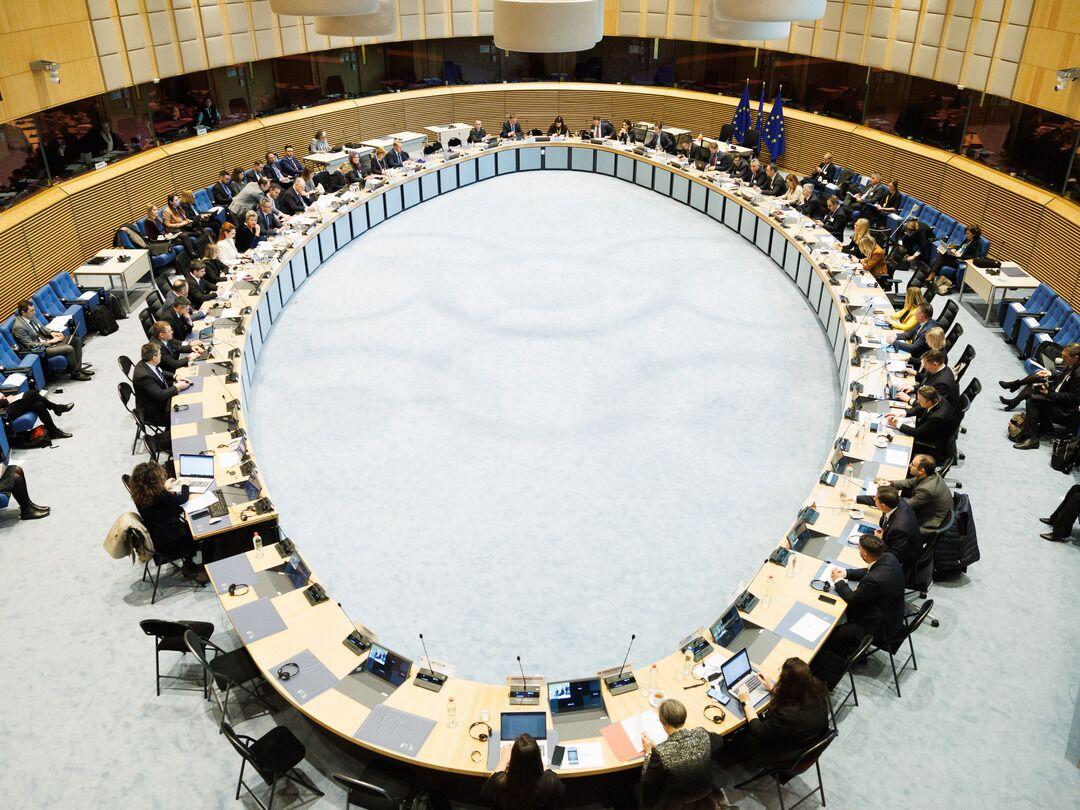The adoption of EU sanctions

The EU implements all sanctions adopted by the United Nations Security Council to maintain or restore international peace and security. UN sanctions are automatically transposed into EU law. Occasionally, the EU applies additional measures to complement and reinforce United Nations sanctions.
The EU also adopts autonomous sanctions to fight against terrorism financing, defend human rights and democratic institutions, or prevent the proliferation of chemical weapons or weapons of mass destruction.
Under Article 29 of the Treaty of the European Union, the Council of the EU takes decisions to adopt, renew or lift sanctions regimes based on proposals by the High Representative of the Union for Foreign Affairs and Security Policy (High Representative) or by the Member States. Decisions relating to sanctions are taken by the Council by consensus, on the basis of CFSP Council Decisions proposed by the High Representative.
If the Council Decision includes measures with economic and/or financial implications, the measures need to be implemented in a Council Regulation, jointly presented by the High Representative and the European Commission, on the basis of Article 215 of the Treaty on the Functioning of the European Union (TFEU). The CFSP Council Decision and the Council Regulation are adopted simultaneously.
The implementation and enforcement of EU sanctions is the responsibility of the EU Member States. The Commission monitors that the regulations adopted under Article 215 TFEU are implemented and enforced by the Member States.
- Follow the link to learn more from the Council of the European Union website about Why the European Union Adopts Sanctions





